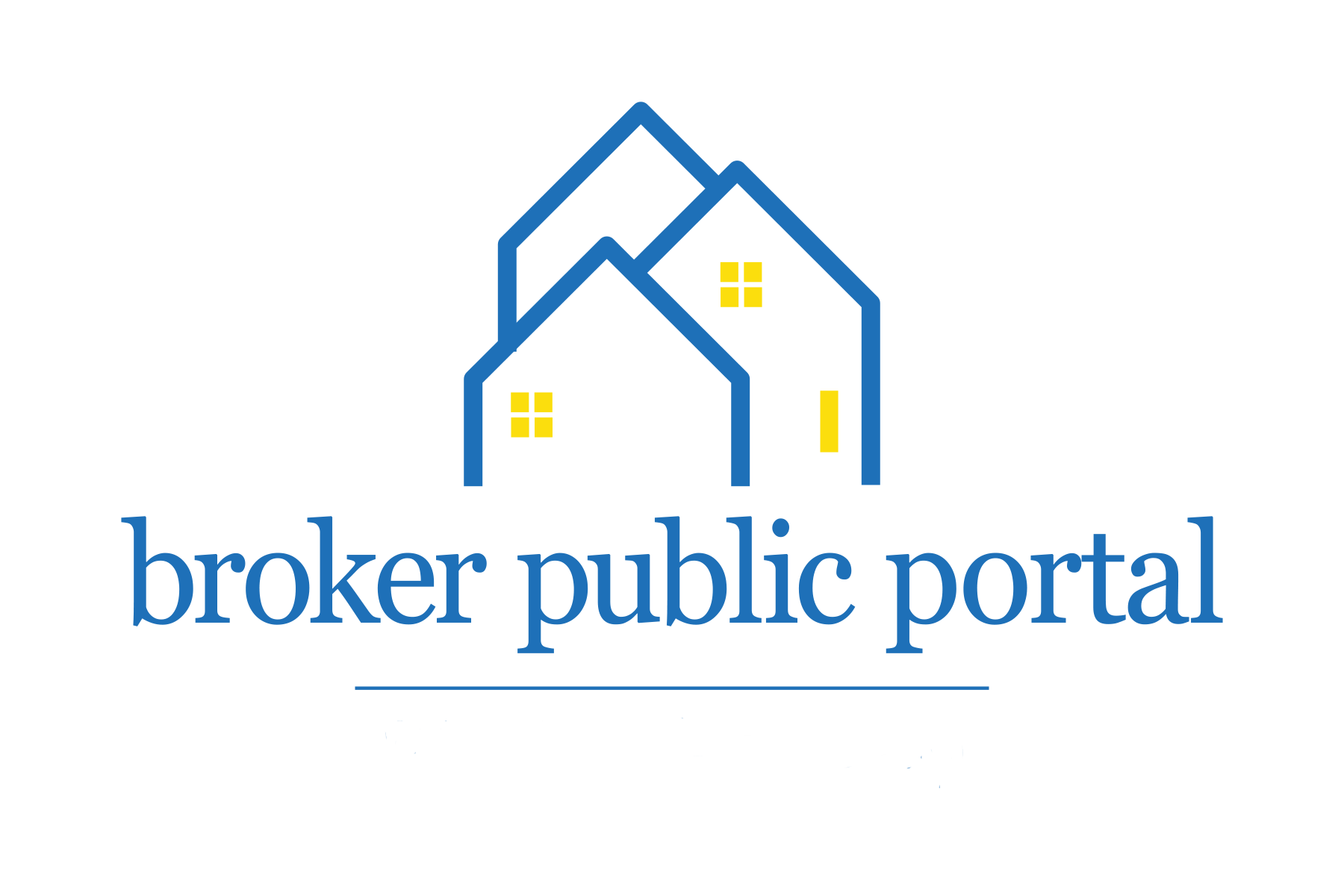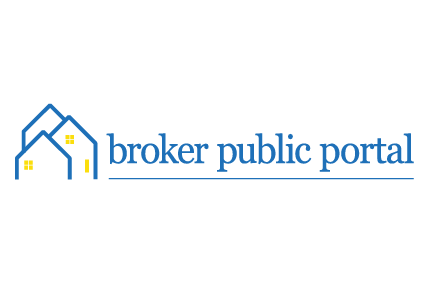
Ask the MLS: Art Carter of CRMLS
Art Carter of California Regional Multiple Listing Service (CRMLS)
Welcome to another edition of “Ask the MLS.” Here, we talk to people running innovative MLSs around the country and ask them questions about their markets, their members and what keeps them up at night.
Today’s post features Art Carter, CEO of California Regional Multiple Listing Service (CRMLS). CRMLS serves real estate professionals throughout the state of California. Here’s what Art had to say:
1. Art, you’re in charge of one of the two largest MLSs in the country at an incredibly stressful time. How do you see your role, and that of CRMLS, during the COVID-19 outbreak?
CRMLS’s role is to maintain a level playing field and let our professional community members do their jobs. We exist to facilitate the valuable work our participants and subscribers do. No pandemic can change the core values of our MLS. My role is to support my staff’s ability to deliver on those premises. The best I can do in these trying times is to help clear any impediments that we face in providing those services.
What is changing, however, are the specifics of how we make that happen. It means changing the MLS rules to accommodate our unusual circumstances. It means making it easier to promote virtual tours, virtual open houses, and virtual showings. It means ensuring our staff can successfully work from home so that we can keep operations up and running with minimal disruption.
Of course, while our primary allegiance is to our users, we’re also in a unique position on the national stage. Our decision not to freeze DOM, for instance, has been cited a few times in guidance offered to other MLSs. We hope that what we do to serve our users helps light the way for other MLSs when it comes time to make tough decisions.
2. What is one essential thing that an agent should be doing during this time of uncertainty?
Planning. Mike DelPrete wrote an article on this pandemic as it relates to real estate. I’ll paraphrase his two-step pandemic survival guide:
Step 1: Survive the temporary period of pain this will bring.
Step 2: There is no Step 2.
An agent’s job is to help people realize the dream of homeownership. You can’t do this valuable work unless you have the necessary plans, tools, and means to make it happen. Consumers will still need real estate agents when this is all over. If you believe in what you do, you must be around to help them after this pandemic has receded into our collective memories.
3. How is CRMLS balancing the need to keep the market moving with keeping members safe?
We’ve been doing what we can to adapt to these unprecedented circumstances. It’s not, in our view, the role of the MLS to enforce or offer advice on how to comply with governmental orders. With that said, we’ve taken a few steps to make it as easy as possible for our users to keep doing business.
The CRMLS Board of Directors has relaxed some of our rules, including the timeline on the Hold status. Now, instead of being restricted to 30 days on Hold, CRMLS users can set the Hold Activation Date to any time in the future. This means that users can stop DOM from accruing on a listing while still marketing the listing.
Our technical teams put in a great deal of work to make virtual open houses, showings, and tours available in all our systems. Our marketing and training teams have also been working to get the message out that, while traditional open houses are on hold for the time being, it’s still possible to safely conduct business via the internet. See our COVID-19 Resources page for more detailed info on what we’re doing for our users.
We take the health and safety of our real estate community very seriously. While we’re doing everything that we can to make virtual business a reality, nothing we do should supplant orders from the government and a common-sense approach to maintaining that health and safety. Wash your hands, keep your social distance, and be safe!
4. In what ways do you think the practice of real estate will be permanently changed when we emerge from the coronavirus crisis?
First of all, it’s difficult to know when we’ll be on the other side of this. We may see temporary lifts in restrictions and then go back to stay-at-home orders. It may be a long time until we can truly say we’ve “emerged,” so any attempt to predict the future should be taken with a full shaker of salt.
I expect that the practice of real estate itself will see fewer changes than the business of real estate in general. Those who practice real estate will still do what they’ve always done: attract clients, do listing presentations, hold showings and open houses, close deals, and so on.
What will change is how much of it will be face to face. This outbreak has shown us that more aspects of the real estate transaction than we expected can be done without holding in-person meetings. Whatever happens with coronavirus, whether we see a best-case or worst-case scenario, this moment will be etched in the minds of consumers for years to come. Their changed expectations will dictate aspects of the real estate transaction – “why do I need to come into your office when I know I can do this online?”
As for the shape of the business in general, I find this harder to predict. Predictions nationally are that many businesses, small and large, will struggle and even fold. We may see more governmental intervention for small business owners like independent brokers than for large ones like the major franchisors. Still, it isn’t a stretch to realize that not all agents, brokerages, technology vendors, MLSs, and so on will see the other side of this pandemic. It will be the challenge of all of us in this business, regardless of our role, to be ready to reengage the consumer when that time comes.
5. What is the first thing you will do when things go back to normal and you can move freely?
Get a haircut, have a meal in a restaurant, and take a vacation in that order! I also look forward to reconnecting with family, friends, and staff face to face!


